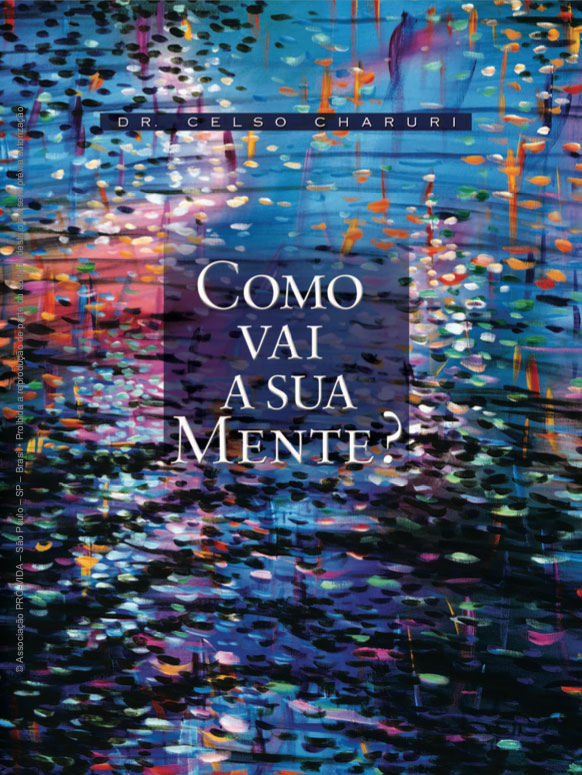

August 4, 1980
August 4, 1980
What could be, and who could know the most prudent act? Therefore, without error. Who on the face of the Earth could know it? Who could perform the absolutely prudent act? Within the absolute, not relative. Therefore, no matter how good we are, how evolved we are, how knowledgeable of Wisdom we are, the acts performed will always be of relative prudence, because we do not own the whole knowledge which would be the absolute prudent.
Precisely because it is like that, all changes are allowed, allowed by the analysis of all the circumstances that will always attempt to lead to points closer and closer to what is Just, to the Great Wisdom.
It’s like when people propose to construct a building, and at a certain point of the construction, they notice, “Gosh! These windows are narrow! We’ll have to get them made a little wider.”
“But we’ve already made…”
“Yes, but take them down and get them made a little wider. Instead of four, put six, which will be better.”
“But… hadn’t you already decided on that?”
“Yes, but taking a better look now at the structure, we think there will be better ventilation. It will be a little more work, but let’s restructure. Won’t it be the best for everyone?”
“It will.”
“So, let’s go for the best.”
In other words, the decision made, with all prudence at first, because it doesn’t carry all the Wisdom, is always relative and subject to change. These are the changes that will help us train; train and say that everything is subject to change, but under one condition: always for the better.
If the tendency is to always search for the point of balance, which is the real point of all Wisdom, change is justified. However, when there is change, analyze under this theme: if it is more just, if it is closer to the aspects of Justice. Then the changes that occur will always be the best and the apparent imprudence becomes prudence, when respecting the modification factors that may happen in a process.
Therefore, everyone here: in anything of life on Earth, admit the possibilities of change, without considering the preceding act imprudent, but a relative prudent, followed by a slightly bigger prudent, but still relative, and another prudent that is a little bigger and still relative, but always tending to reach the Absolute of Prudence.
But if people stated, on the contrary, that “it has to be this way because it was decided in the meeting of September 18, 1942…” then people in 1980 would say, “Come on, but it was decided in 1942! What now?” And that one, stubbornly saying, “I won’t change, I won’t, I won’t, because my word has strength” would be the same thing and would lead me to say, “Your word was strong, because before, based on your word, the conduct was good, and today it shows that there has been no evolution, because when there is evolution, the word also changes.” Therefore, when having the word and keeping it, keep it within Principles, but with the Wisdom that Temperance teaches at each movement of life, to really be faithful to the primary cause, which is to achieve the Absolute of Truth, of Justice, of Freedom, and of Peace. When showing there is evolution, there must be movement.
(…) Therefore, facts that occur lead us to make decisions closer to the Great Justice.
Now, where can you be infallible? In the Absolute. Who is infallible? The Absolute. Only. And how to get to the Absolute? Starting to ponder the changes until you get there, because otherwise you will never get there!
Therefore, the very movement of life leads to acts of repeated “prudences”, always relative, that might be considered “imprudences”. But the term imprudence only really appears when there is harm to people. However, in an act of change, someone may feel harmed while looking only at the partial, and not at the Total, Higher Justice, observed in accommodating a better form for all.







